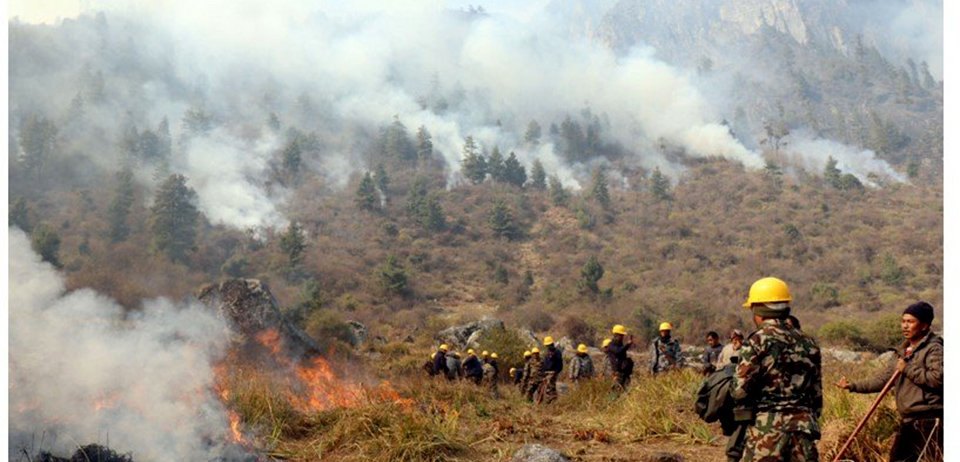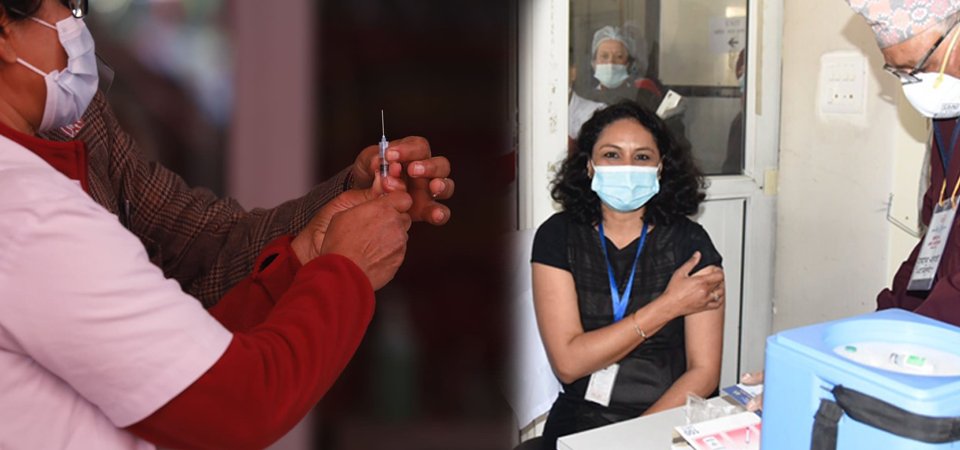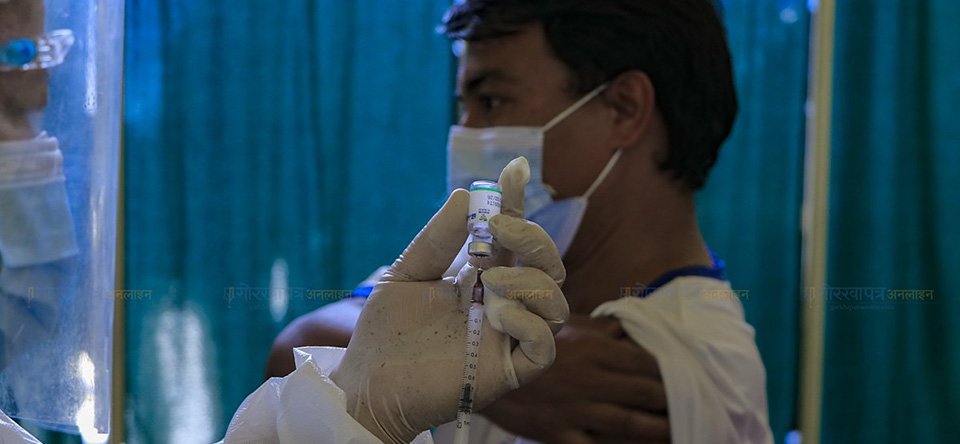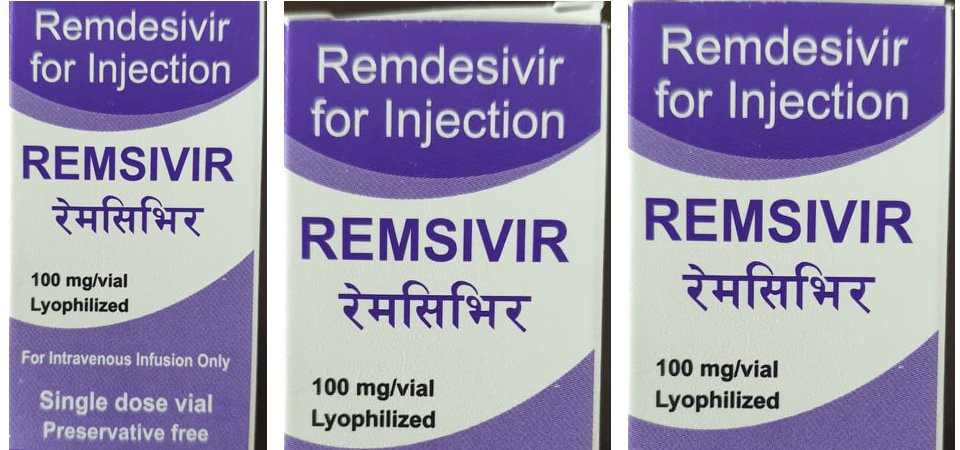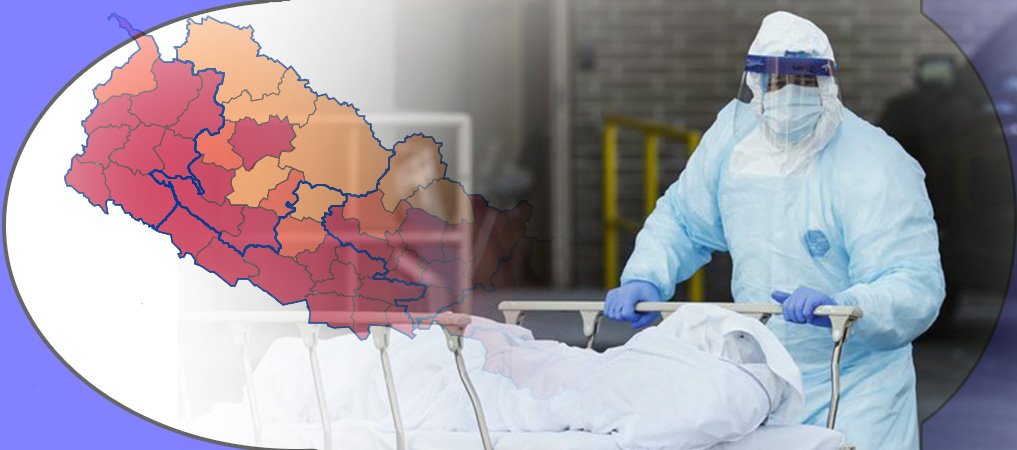Health experts warn risk of multiple diseases to disaster victims
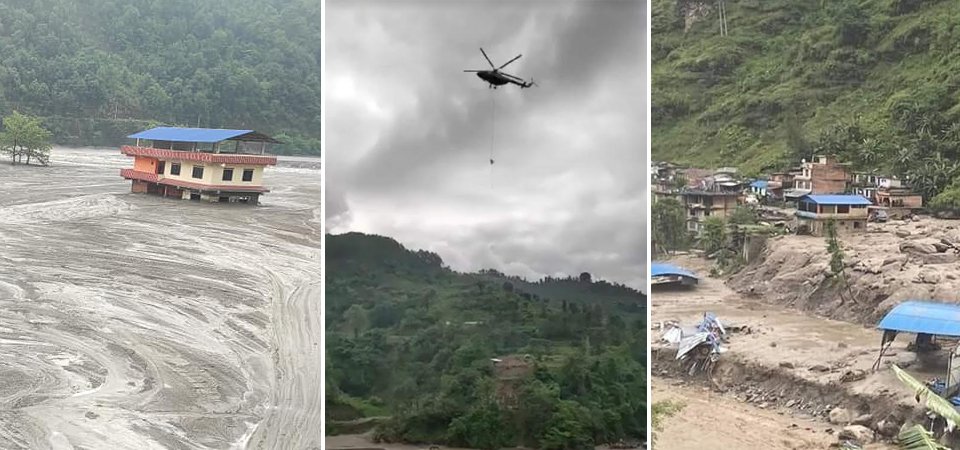
By Mahima Devkota, Kathmandu, Jun. 18: Health Experts have warned about the risk of multiple diseases along with COVID-19 vulnerability to calamities victims citing the surging incidents of flood and landslide in the country.
During the incidents of natural calamities, people lose their settlements, access to food, transportation and medical supplies.
According to Dr Basudev Pandey, Former Director of the Epidemiology and Disease Control Division (EDCD) and also a virologist, in such a grim situation, people are compelled to live in a rescue shelter, which is confined and lacks basic amenities and health hygiene sanitation.
"This, in turn, makes people prone to the attack of many water-borne diseases. Apart from it, mental health issues are often witnessed in victims of natural calamities who lost their properties and loved ones," he added.
He said that the first four weeks is a very crucial time for calamities victims following relief and rescue. In the first week symptoms like vomiting, nausea, diarrhoea starts to appear in people living in a grimy hoarded shelter, eating stale food and unsafe water.
In the second week, Typhoid, Cholera, Dysentery is observed, and in the third week, a more deadly disease like Jaundice, Meningitis is witnessed, leading to more serious disease like Dengue in the fourth week.
"Therefore, the concern should be to protect the vulnerable from water and airborne diseases by facilitating with basic needs such as by cleaning the water source, providing mobile toilets and fresh food” added Dr Pandey.
He further pointed out the one-door policy needs to be adopted in the rescue shelter to ensure that fresh food and water are provided and it also minimizes the risk of transmission of COVI-19 infection in the community.
Dr Sagar Raj Bhandari, Director at the Shukraraj Tropical and Infectious Disease Prevention hospital has also reinforced that in rescue centres there is a lack of basic health hygiene as the focus is poured on to rescue and relieve.
Dr Bhandari, said, “In such cases, people make the best of what they have and are compelled to live off in stale food, unsafe water, and practice unsafe latrines. Unsafe safe water invites water-borne diseases and flies from haphazard latrine transmit the disease to food and water. Unsafe washing facilities further impure water, this cycle continues grappling many with a severe water-borne disease like Malaria, Jaundice, and Cholera.”
Dr Krishna Poudel, Director of the Division of Epidemiology and Disease Control, who is also the spokesperson of the Ministry of Health and Population, said that the Division of Epidemiology and Disease Control has formed Rapid Response Groups at all local levels and local health organizations and health workers are involved in it as the risk of health-related diseases and problems may increase after the floods and landslides.
Recent News

Do not make expressions casting dout on election: EC
14 Apr, 2022
CM Bhatta says may New Year 2079 BS inspire positive thinking
14 Apr, 2022
Three new cases, 44 recoveries in 24 hours
14 Apr, 2022
689 climbers of 84 teams so far acquire permits for climbing various peaks this spring season
14 Apr, 2022
How the rising cost of living crisis is impacting Nepal
14 Apr, 2022
US military confirms an interstellar meteor collided with Earth
14 Apr, 2022
Valneva Covid vaccine approved for use in UK
14 Apr, 2022
Chair Prachanda highlights need of unity among Maoist, Communist forces
14 Apr, 2022
Ranbir Kapoor and Alia Bhatt: Bollywood toasts star couple on wedding
14 Apr, 2022
President Bhandari confers decorations (Photo Feature)
14 Apr, 2022



